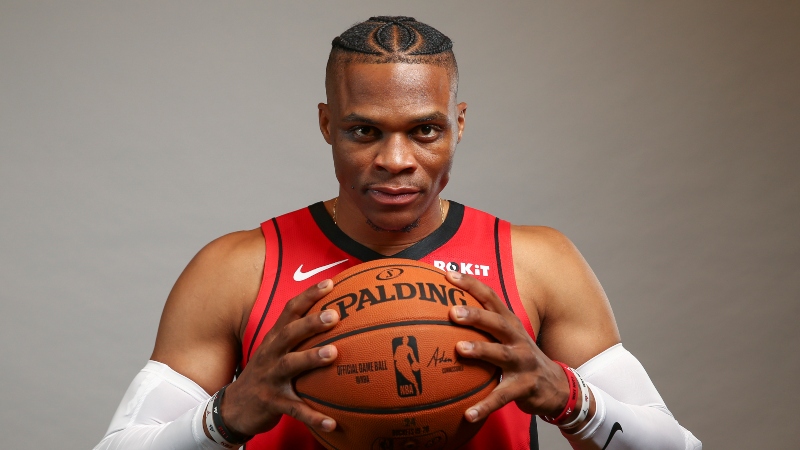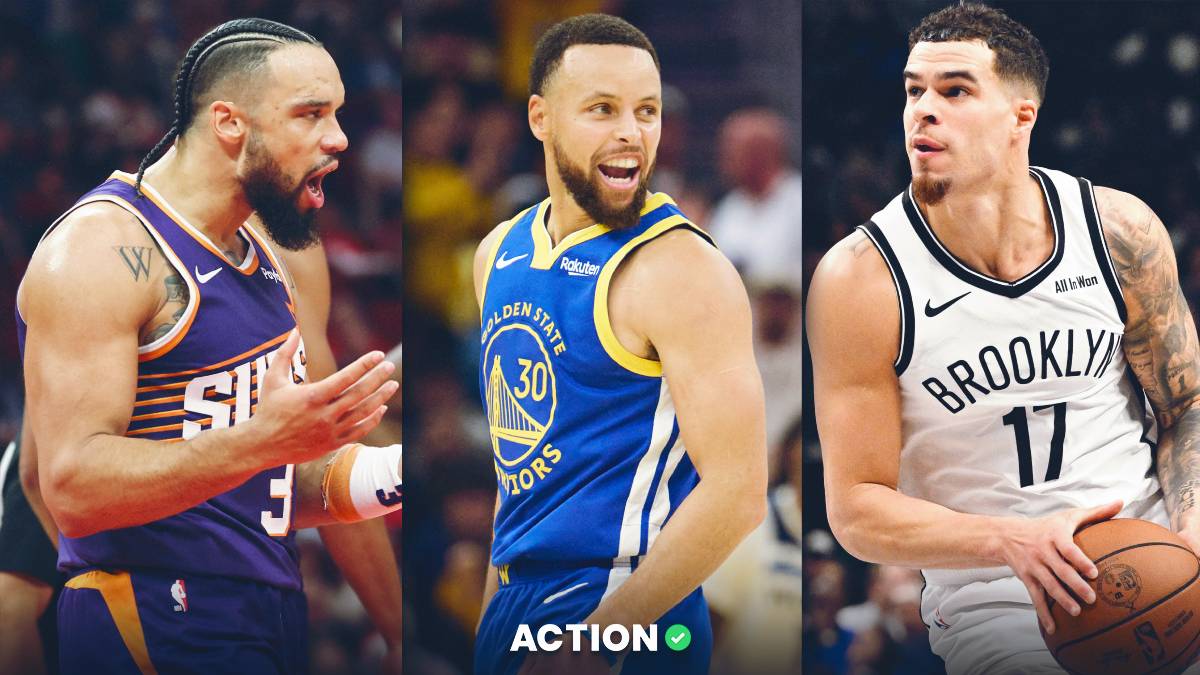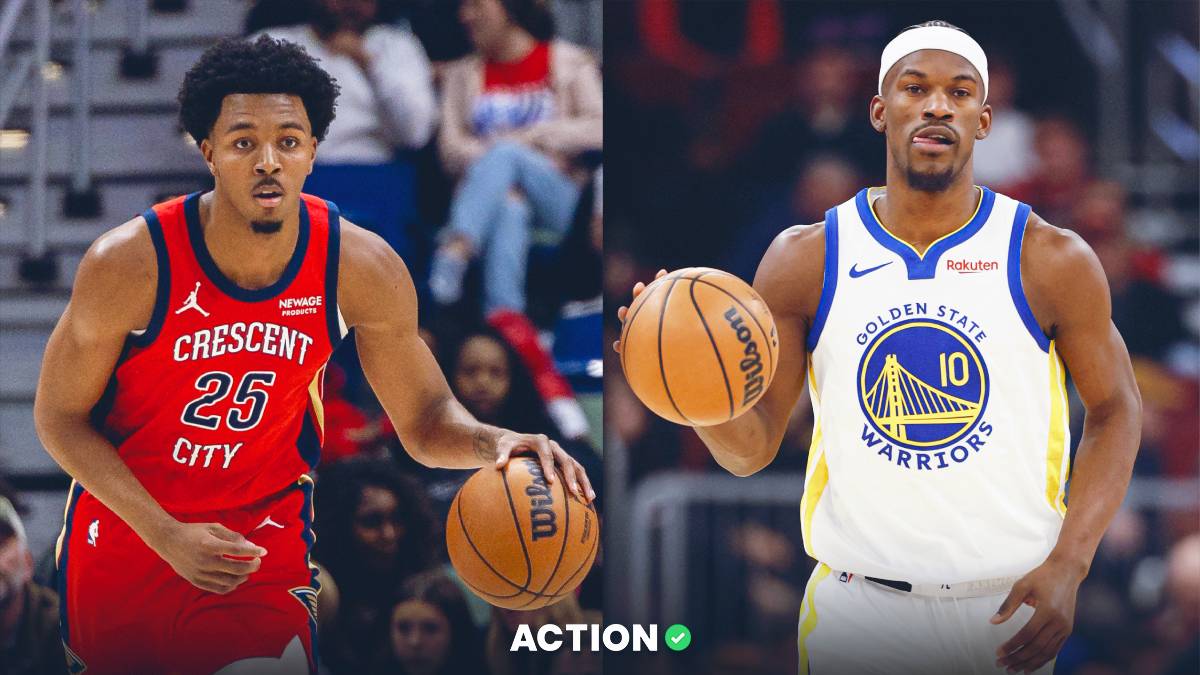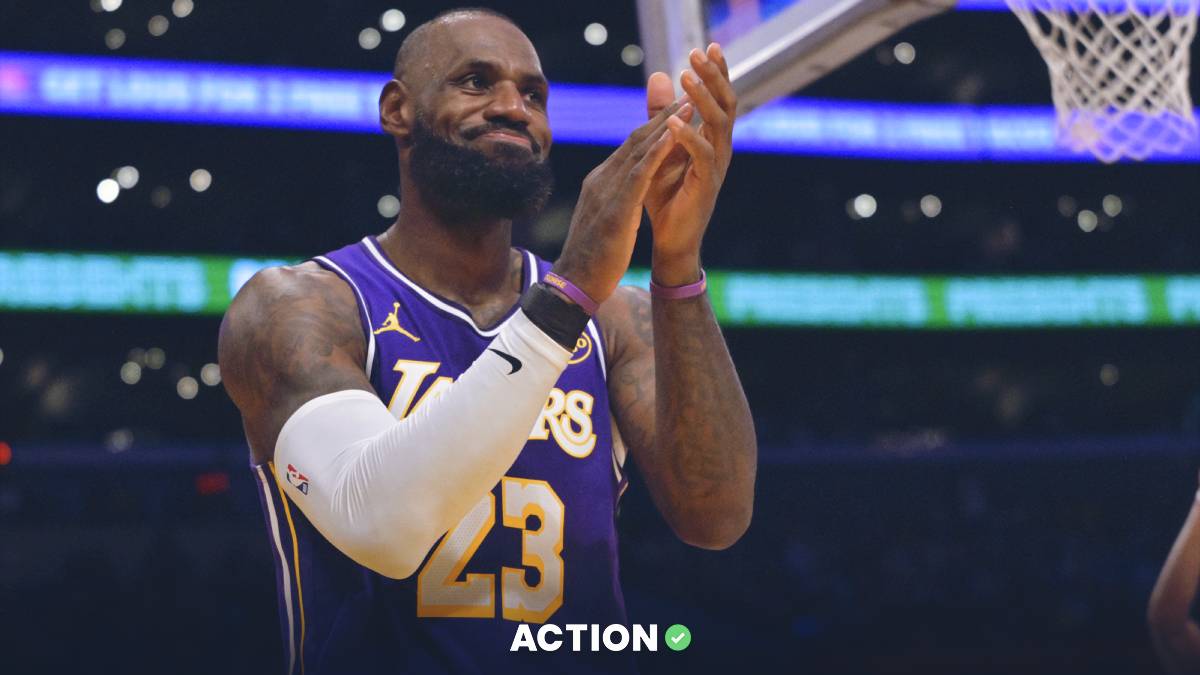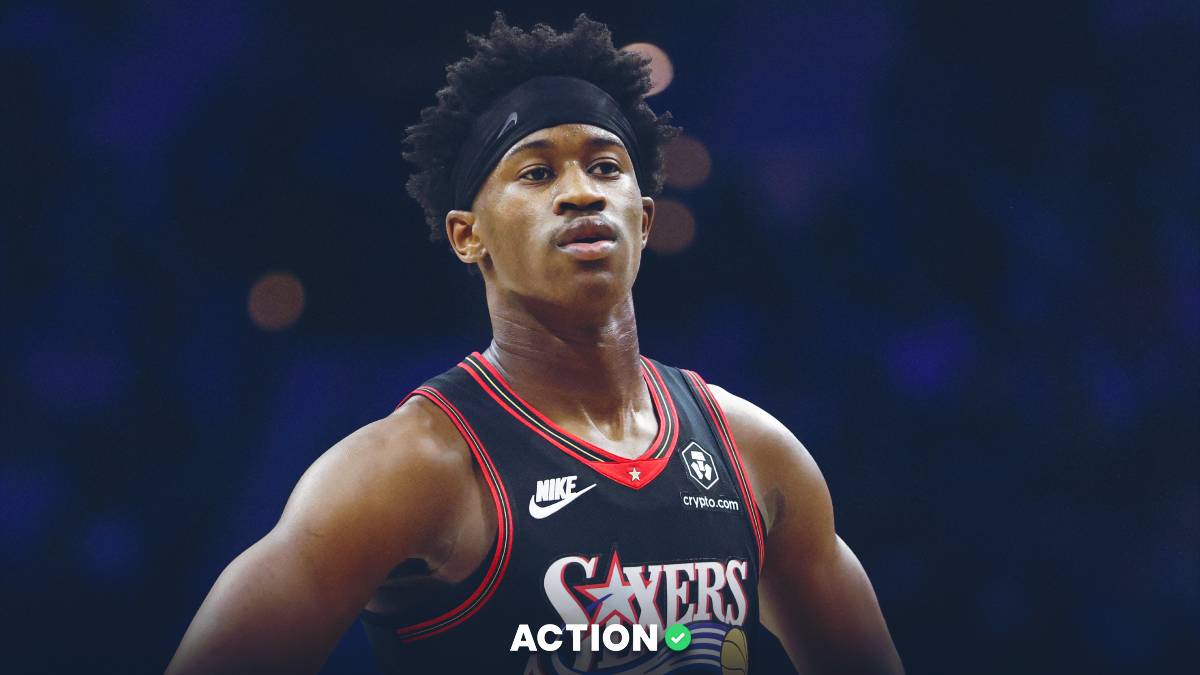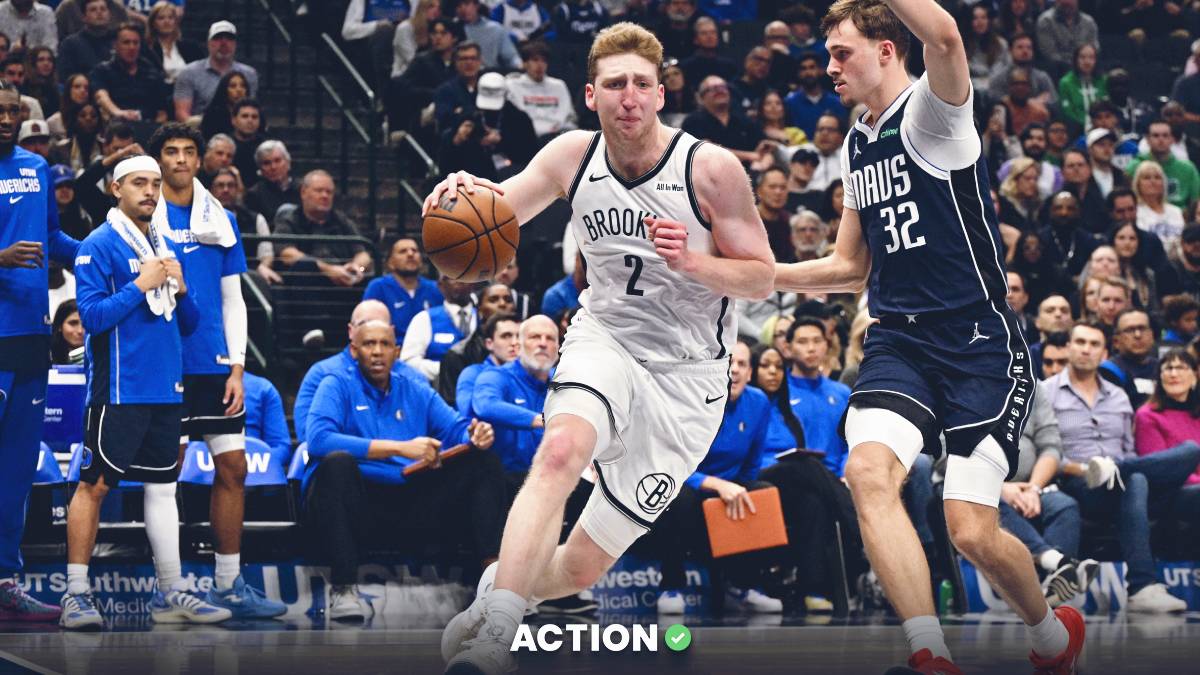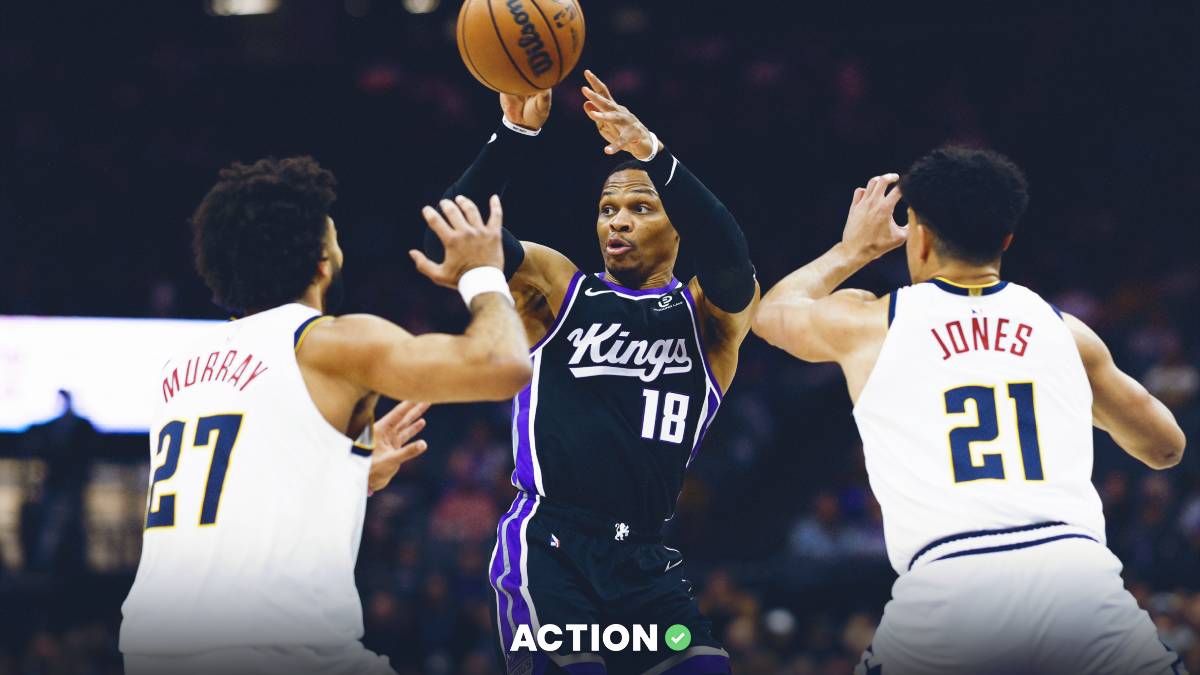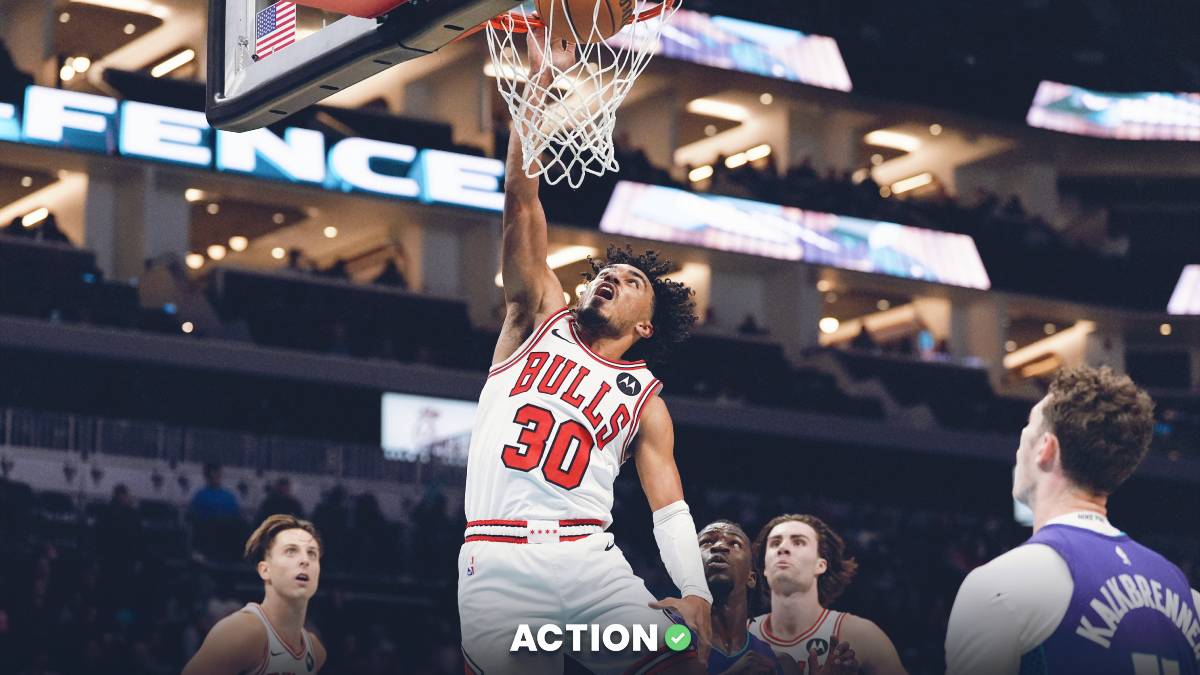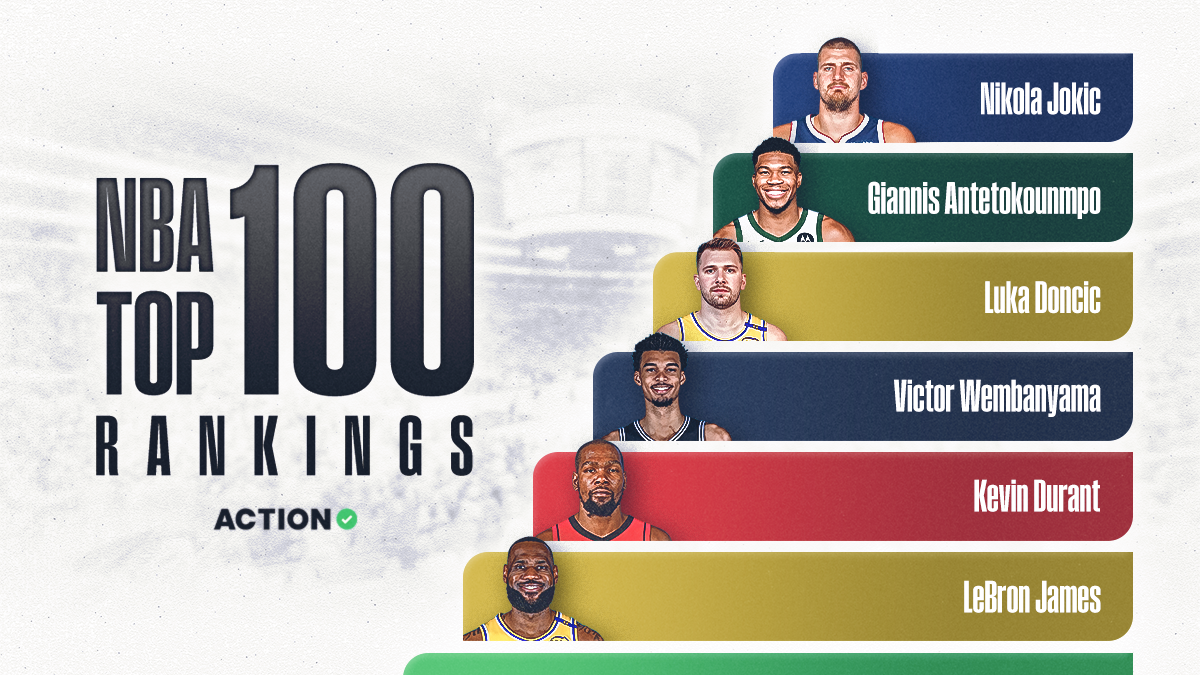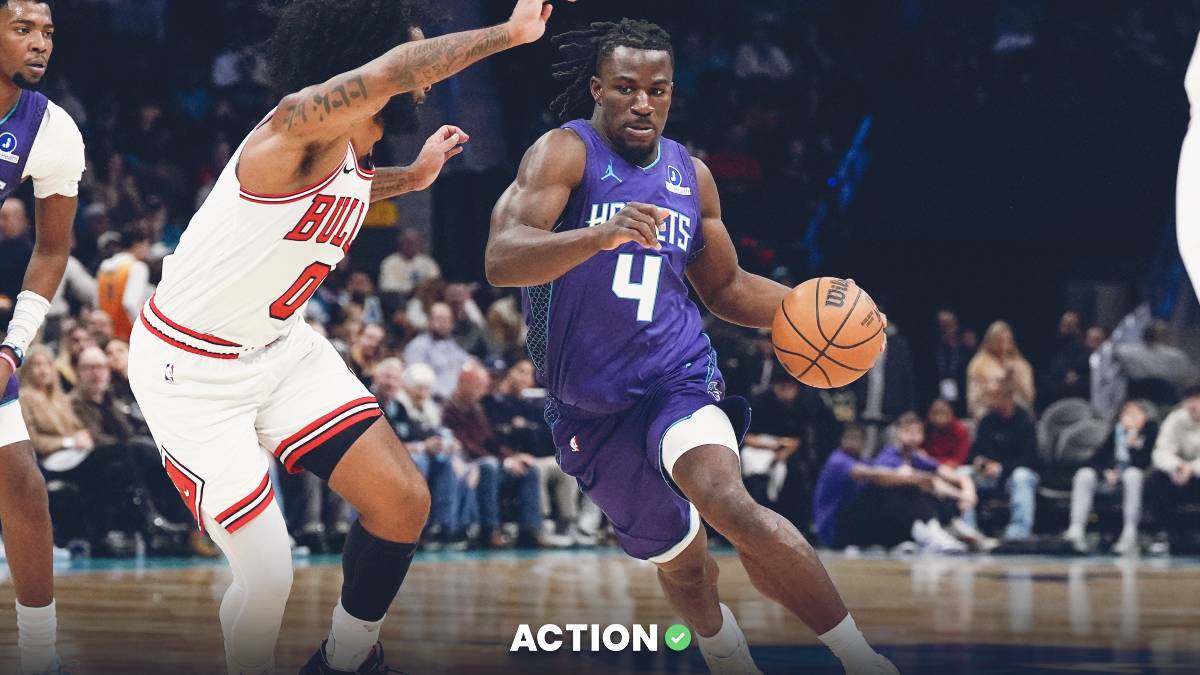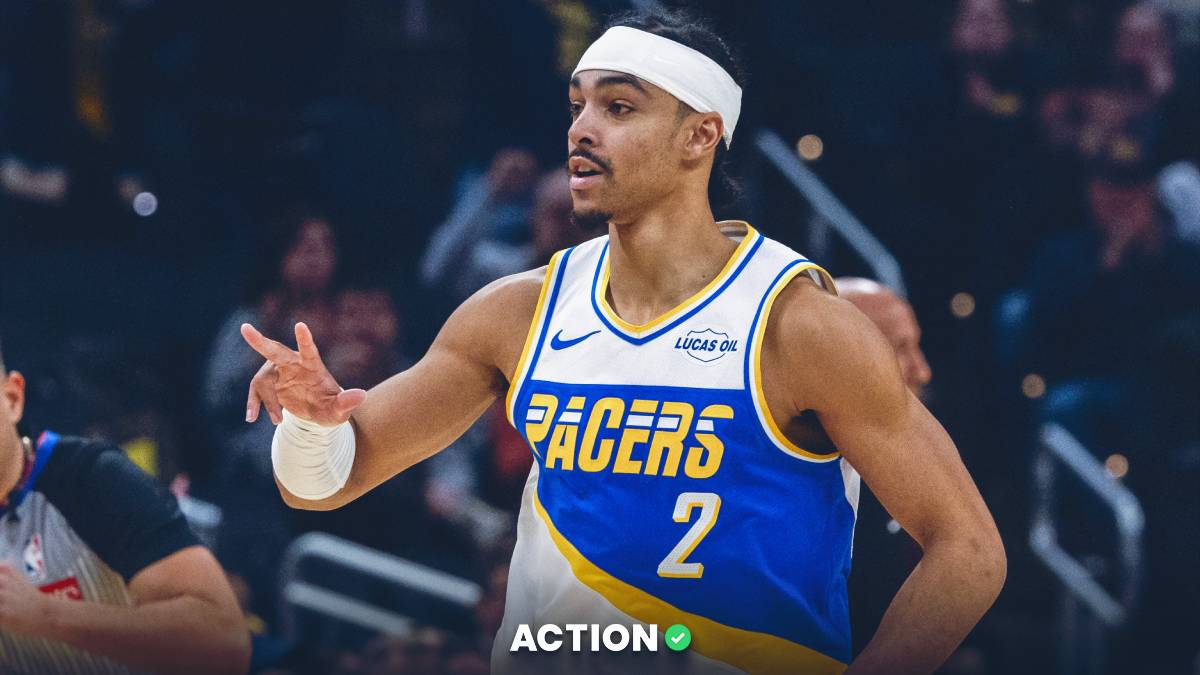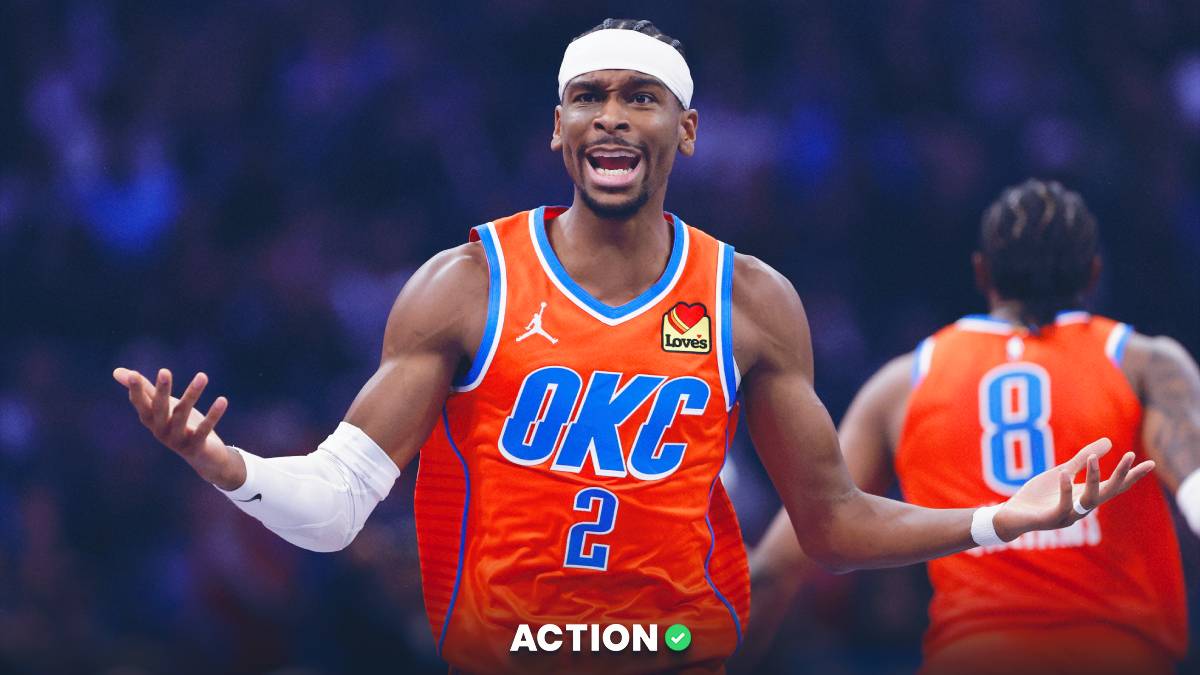- Have a season-long fantasy basketball league coming up? Bryan Mears below walks through the most important piece of strategy you need to know.
Most season-long basketball leagues are built around nine key statistical categories:
- Points
- 3-pointers
- Rebounds
- Assists
- Steals
- Blocks
- Field goal percentage
- Free throw percentage
- Turnovers
Whether you're playing a head-to-head or roto league, you're trying to optimize your lineups around winning those categories. In a head-to-head league for example, you must win five of the nine categories to defeat your opponent for the week.
That's obviously very different from fantasy football, which doesn't break up stats — rather, it's the sum of points for your lineup. You don't get anything for having more rushing touchdowns than your opponent if your cumulative score is lower.
In fantasy football, positional scarcity is important. But there's no such thing as statistical scarcity. In fantasy hoops, there is — and it leads to a ton of potential different strategy options.
Statistical Scarcity and Punting
A lot of fantasy hoops players will try to optimize their team to be competitive in all nine categories listed above. That's a worthy strategy, but I don't think it's optimal.
Rather than trying to compete for all nine, punt one or two. Cede those categories to your opponent each week with the goal of bolstering your upside in other categories.
The best part of the strategy — besides building around a smaller set of categories and thus naturally becoming stronger in those — is that it completely shifts your big board. While everyone in your league is using regular ADP (average draft position), you'll have drastically different player values and will be able to snag immense value.
Take for example Russell Westbrook, a divisive player who has very dominant strengths and very exploitable weaknesses. Here was his overall player value in fantasy overall and if you punted each category:
- Overall: 28th
- If you punted points: 50th
- If you punted 3-pointers: 34th
- If you punted rebounds: 59th
- If you punted assists: 109th
- If you punted steals: 71st
- If you punted blocks: 20th
- If you punted FG%: 13th
- If you punted FT%: 13th
- If you punted turnovers: 12th
That is … quite a difference. If you were going for assists, Westbrook was immensely valuable. If you weren't, well, he certainly wasn't worth that high draft capital.
He isn't the only player with major shifts in value depending on category. Rudy Gobert ranked 38th if you punted blocks but second overall if you punted FT%. Ben Simmons ranked 113th if you punted assists but 14th if you punted FT%. Trae Young ranked 189th if you punted assists but 36th if you punted turnovers.
As you can see, player value in season-long fantasy hoops is incredibly relative. It really depends on which categories you're trying to win.
And that obviously leads to potential value. Let's say Hassan Whiteside is going late in drafts. That's probably right overall, and especially if you don't plan on winning blocks; last year he finished 174th without blocks factored in. But if you wanted to build your roster around blocks and punted elsewhere, he would be an incredible draft day value.
He finished ranked 31st if you punted FT%. Let's say he was going in the 14th round in a 10-team league; you could've grabbed him right before that and gotten a guy who was worth a top-four-round pick for your team.
Here's a table of player values last season if you punted a statistical category (data from Basketball Monster).
Which Statistics Are Most Correlated?
Alright, so it's advantageous to potentially punt categories, given other users are unlikely to do so, which means 1) you're operating with a different big board (and thus have value) and 2) are concentrating resources more wisely.
But which statistics should you actually go for? If you punt blocks, does that mean you should also devalue rebounds when drafting players?
Correlating the above table, we can see which stats are most grouped in terms of player value when punting (a higher number or greener cell means the statistics are more correlated):

To put things more simply, here's the list of categories you should go for if you find yourself aiming for a particular one. For example, if you prioritize points, you should also go for 3s and FT%. If you punt 3s, it might be wise to go for rebounds, and then you should likely prioritize FG%, blocks and turnovers.
And once you start prioritizing categories and potentially punting multiple categories, you'll really have a different draft board than the league.
Again, Russell Westbrook finished as the 28th most valuable fantasy player overall last season. But if you punted FT% and TOV, his two weakest categories, he was the eighth-most valuable.
It's not just star players, either. Steven Adams finished 52nd in value overall. But punt FT% and 3s? He would've been ninth. Under those settings, Clint Capela and Montrezl Harrell would've finished 10th and 11th, respectively. Punt points and rebounds, and Marcus Smart goes from 51st to 16th. Devalue steals, assists and 3s, and JaVale McGee moves from 45th to 12th.
You get the point: Punt at least one category, and you aren't competing against the league for the exact same players at the exact same ADPs. Play a different game and put yourself at a big advantage while your opponents search for minute edges with their big boards.


